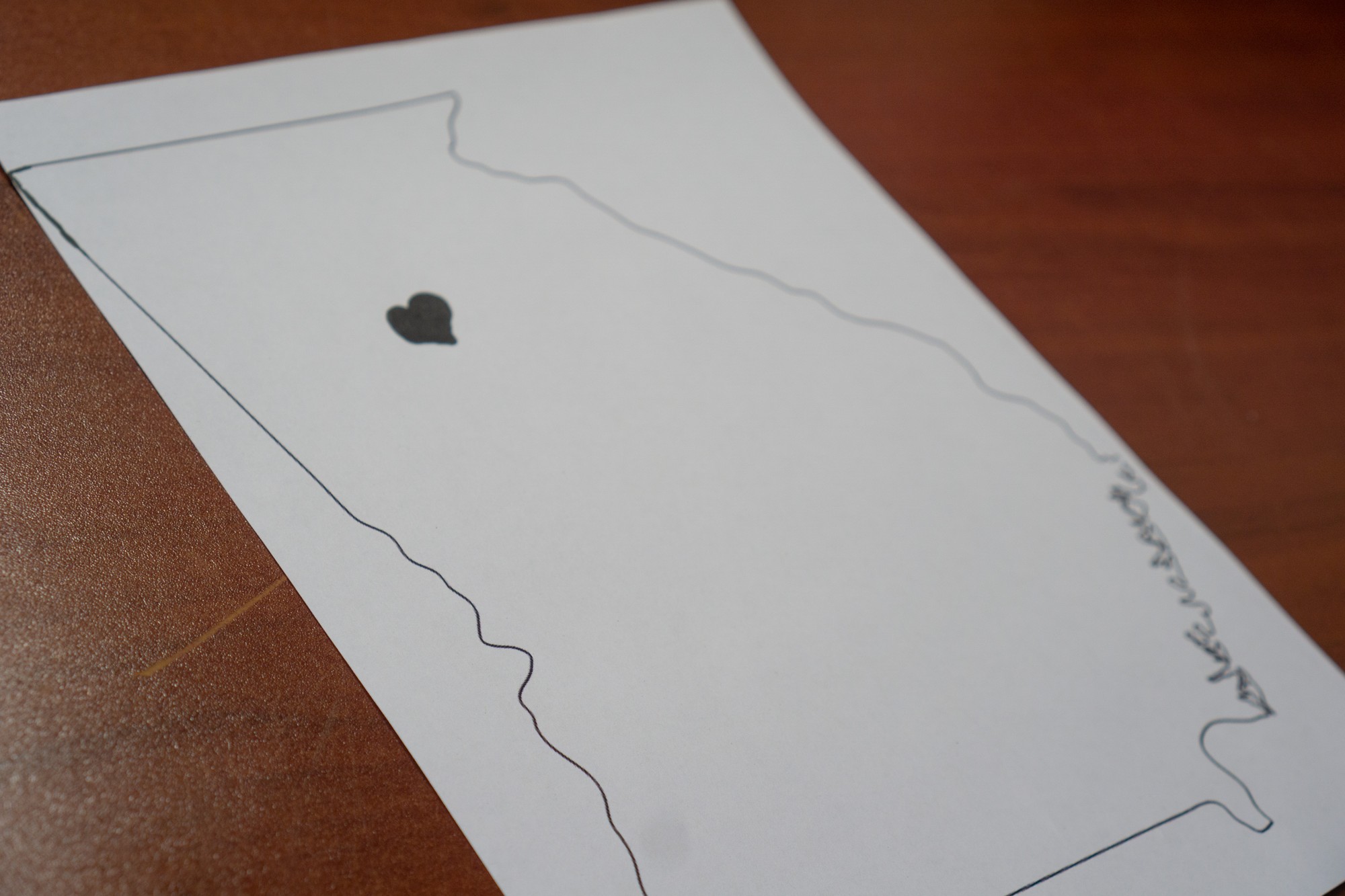Nearly all of us here on campus have heroes.
The progression of mankind lies at the mercy of our icons. They provide an example of excellence personified as well as a target for the following generations to aim for.
There are many people I looked up to in my youth, but recently I have found a new companion. His name is Huey Percy Newton.
Often when his name is mentioned, many people might question who he is. Almost every American can recall the Black Panther Party, but few know Newton was the founder.
His official title was the minister of defense and the supreme commander of the Black Panther Party. In his autobiography, “Revolutionary Suicide,” Newton writes, “My parents taught me to be unafraid of life and therefore unafraid of death,” a rational statement for anybody as revolutionary as Newton.
In his autobiography, Newton explains that the schools in his neighborhood were so bad that he was functionally illiterate, despite having graduated high school. He taught himself how to read by devouring Plato’s “Republic.”
We all know the environment the 1960s entailed for Black Americans; extreme racism, brutal murders and societal irrelevance. Even though the Civil Rights Act was signed into law in 1964, the emergence of the Black Panther Party in 1966 was a strong indication the local police had blatantly disregarded the bill.
According to Biography.com, “The group believed that violence—or the threat of violence—might be needed to bring about social change. They set forth their political goals in a document called the Ten-Point Program, which included better housing, jobs, and education for African Americans.” The “Ten- Point Program”was modeled from values that Malcolm X and the Muslims personified. It also demanded rights that blacks were deprived of.
Stanford University’s website lists over 60 programs implemented by Newton and the Black Panther Party from 1966 to 1982. Programs such as free breakfast for children, free medical clinics, free ambulance program and drug and alcohol rehabilitation worked to serve the people who were being oppressed.
The Black Panthers grew from a handful of members in Oakland to an organized union with 10,000 members nationwide. They also shared fraternity with groups from Cuba, China, Zimbabwe, South Africa and others.
It is truly astonishing that somebody like Huey P. Newton ever lived. In his autobiography, Newton painted a vivid picture of what he was doing. Newton predicted he would be killed in two weeks after he and Bobby Seale displayed their guns to the police and read the California State law book while blacks were being harassed.
At the height of Newton’s influence, he was illegally imprisoned for the murder of one Oakland police officer and the shooting of another in a traffic stop. Initially the two officers were going to kill Newton, but as a result, they shot each other. Newton was shot in the stomach and beaten in the hospital after he was in custody. Though found guilty, he was later released because of a hung jury.
What brother Huey Newton has taught me is that it is important to have a conscious mind and to teach others as well. He taught me that it is acceptable to stand up for what I believe in, even if the result is my death. He taught me that when all else fails I have the power to improve the condition of myself and of my people. Lastly, it is important to give to the people; the programs he organized were free and the epitome of intercommunal solidarity.
Newton spoke to me at a time when I was lost. “Revolutionary Suicide” spoke to my soul and left my heart racing. I recommend everybody to read it, especially black males. Because of Huey Percy Newton, I want to better myself for the people I want to help one day.
Brandon White,
Junior Communication Major


